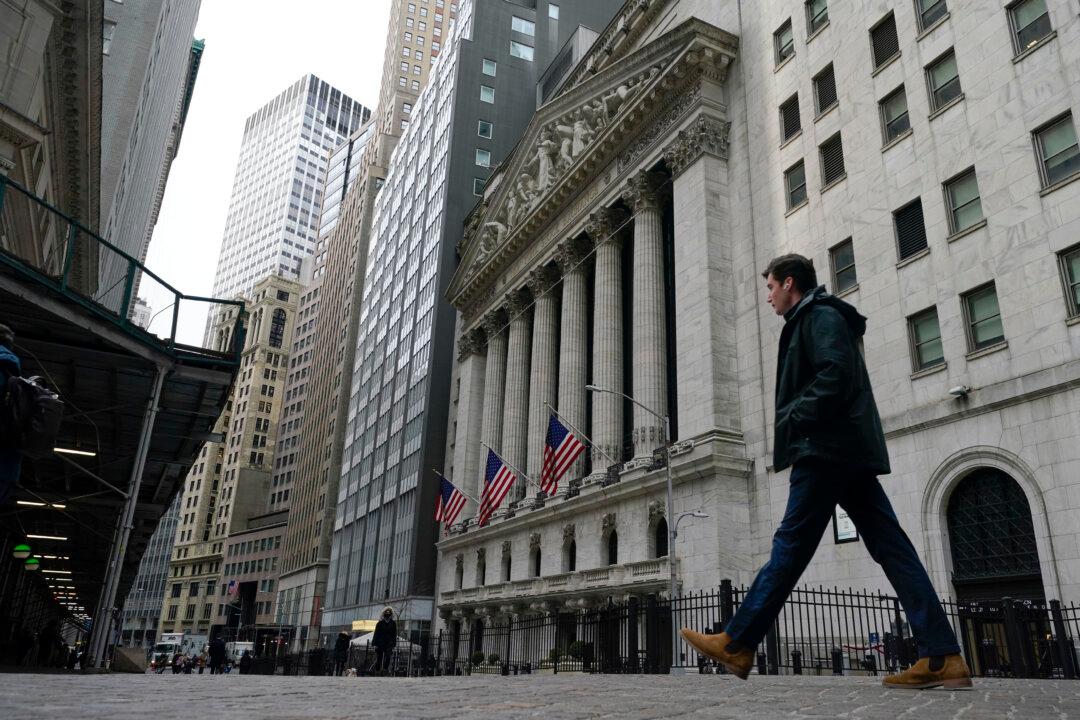Commentary
When you hear the acronym ESG, do your eyes glaze over? If so, you’re not alone. For some, ESG represents progress. For others, however, it’s nothing but a scam. Nevertheless, the ESG movement is picking up steam, with an increasing number of corporations jumping on board.





